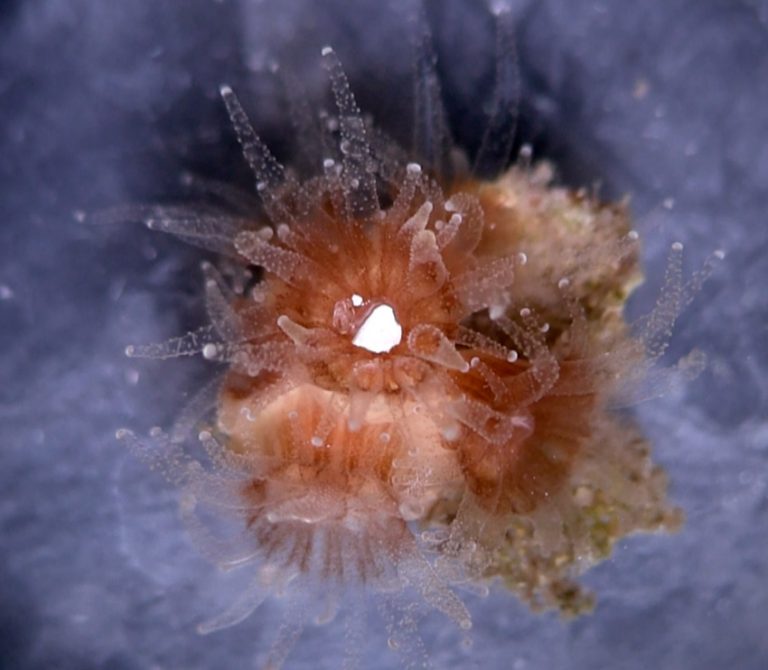Scientists at Duke University in Durham, North Carolina had wondered why corals should consume weathered plastics when, lacking eyes, they had no reason to mistake the particles for prey.
Also read: Ghost-fishing means plastics infest deep coral
Co-authors of the study Austin Allen and Alexander Seymour collected hard corals from the sea off North Carolina and offered them small amounts of eight different types of microplastics, along with similarly sized items such as clean sand. The corals ate each type of plastic but largely ignored the non-plastics.
In a second experiment, groups of corals were placed in separate feeding chambers. Each group was offered the same amount of microplastics over a half-hour period, but some were given clean particles and others particles fouled with bacteria.
The corals ate both types, but preferred the clean microplastics by a three-to-one margin – suggesting that the plastics themselves contained something that made them tasty.
“When plastic comes from the factory, it has hundreds of chemical additives on it,” said Seymour. “Any one of these chemicals or a combination of them could be acting as a stimulant that makes plastic appealing to corals.”
The researchers hope that further research can pinpoint the “tasty” additives, and determine whether these chemicals have the same effect on other marine species.
“If we can manufacture plastic so it unintentionally tastes good to these animals, we might also be able to manufacture it so it intentionally tastes bad,” said Seymour. “That could significantly help reduce the threat these microplastics pose.”
Turtles, fish, marine mammals, invertebrates and birds can suffer intestinal blockages, feel a false sense of fullness or have reduced energy reserves as a result of consuming microplastics.
“About 8% of the plastics that coral polyps in our study ingested was still stuck in their guts after 24 hours,” said Allen.
Microplastics can also leach hundreds of chemical compounds into the animals’ bodies as well as the environment. The consequences of this are still largely unknown, although some additives are known to affect the hormones that determine sex in organisms.
The study “Chemoreception Drives Plastic Consumption in a Hard Coral” is published in Marine Pollution Bulletin, and can be read here.
Divernet – The Biggest Online Resource for Scuba Divers

